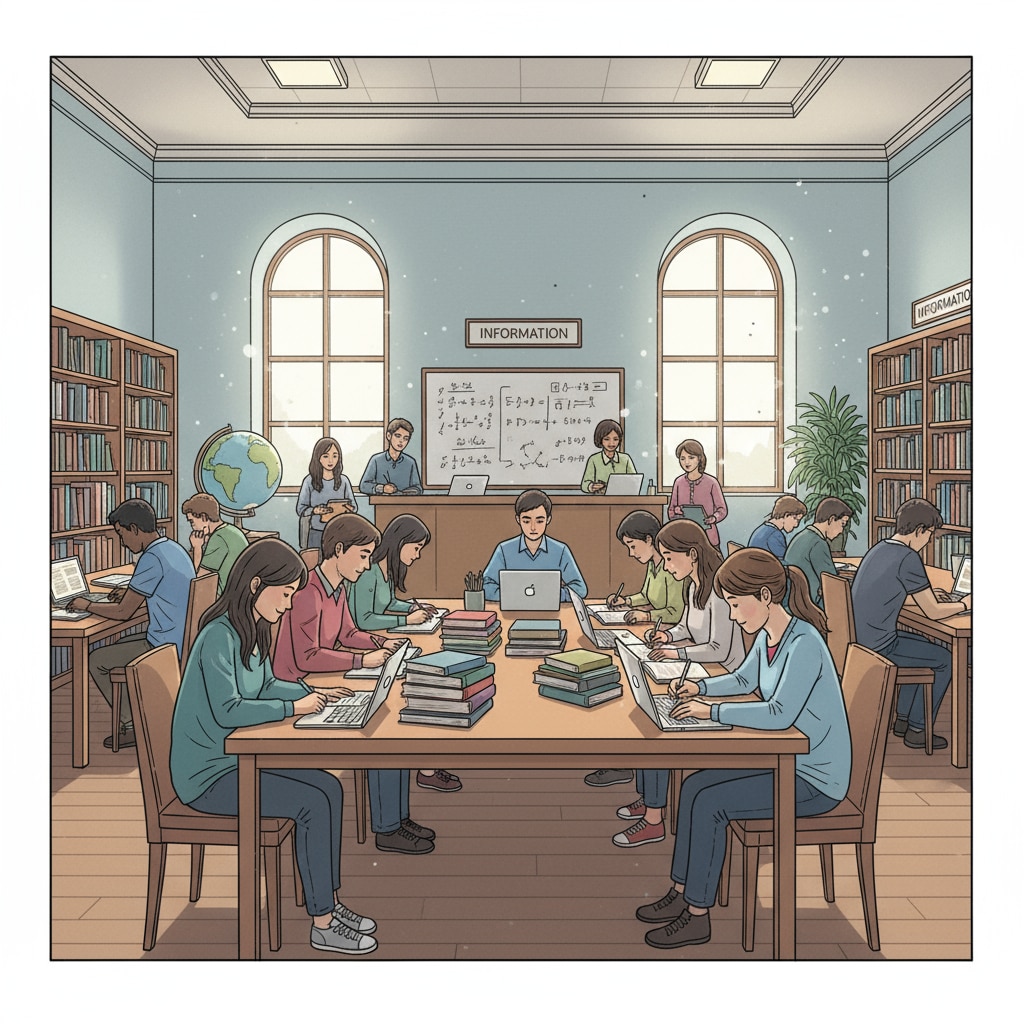Academic misconduct can be a significant setback for international students, but it doesn’t have to be the end of their higher education journey. Reapplying to university after such an incident involves a series of challenges and requires careful strategies. This article aims to guide international students through this difficult process and help them find hope for an educational rebirth.

The Challenges Faced by International Students
International students often encounter unique difficulties when trying to re-enter the academic world after being academically dismissed. Language barriers can still pose problems, even if they have been studying in an English-speaking country. Cultural differences might also affect their ability to adapt to the academic environment once again. For example, the way assignments are graded and the expectations of professors can vary greatly from their home countries. Moreover, financial constraints can be a major hurdle. Paying for tuition fees, accommodation, and living expenses all over again can be a heavy burden.

Recovery Paths After Academic Misconduct
First and foremost, it’s crucial to understand the root causes of the academic misconduct. Was it due to a lack of understanding of the academic rules, or perhaps personal stress and distractions? Once identified, students should take steps to address these issues. This could involve seeking academic counseling to improve study skills, or getting mental health support to deal with stress. In addition, students should show genuine remorse for their actions. Writing a sincere letter of apology to the university authorities can be a good start. They should also work on building a positive academic record, for instance, by taking online courses or enrolling in community college programs to prove their commitment to learning. American Psychological Association’s Ethics Code provides some guidance on ethical academic behavior.
Another important aspect is to improve communication skills. Clear communication with professors and academic advisors can help students understand the requirements better and avoid future misunderstandings.
Readability guidance: Each section here focuses on key points for international students in this situation. Short paragraphs make the information more digestible. Transition words like ‘first and foremost’, ‘in addition’ are used to connect ideas smoothly.
Practical Application Advice
When reapplying to university, international students should start by researching universities that are more lenient towards students with a history of academic misconduct. Some institutions are more understanding and may be willing to give students a second chance. Prepare a comprehensive application that includes a detailed personal statement. In this statement, explain the circumstances that led to the academic misconduct, what steps have been taken to correct the situation, and how they have grown and learned from the experience. Highlight any relevant achievements or skills acquired during the period after the dismissal. National Association for College Admission Counseling offers resources on college applications.
It’s also essential to get strong letters of recommendation. Reach out to previous professors, mentors, or employers who can attest to the student’s improved character and academic potential.
Readability guidance: Here, we provide practical steps for the application process. Using bullet points or short paragraphs helps students quickly grasp the important information.
Psychological Adjustment
Going through academic dismissal can take a toll on a student’s mental health. It’s important for international students to take care of their emotional well-being. Seek support from family, friends, or professional counselors. Remember that everyone makes mistakes, and this is an opportunity for growth. Stay positive and focus on the future. Visualize the successful completion of their education and the career opportunities that lie ahead.
In conclusion, international students who have faced academic misconduct and subsequent dismissal can still find a way back to higher education. By understanding the challenges, following the recovery paths, applying strategically, and maintaining a positive mindset, they can embark on a new journey of educational redemption.
Readability guidance: The final part emphasizes the importance of mental health and a positive attitude. Short sentences and simple language make the message clear.


